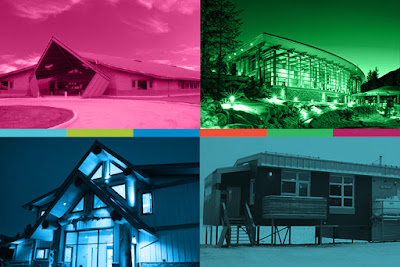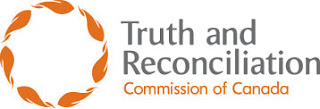In the fall of 2023, Scouts Canada issued a formal apology to First Nation, Inuit and Métis communities and did it right.
First, here is what Liam Burns, their Chief Executive Officer, Scouts Canada, posted on LinkedIn:
This week, across Canada, Scouts Canada has been delivering an apology to First Nation, Inuit and Métis communities.
Scouting has been used to strip young people from indigenous backgrounds of their culture, identity and beliefs. And we still use indigenous language and symbols without the understanding and reverence they deserve.
An apology, without action, is just words. We hope to work with indigenous communities to make sure that, at the very least, our programs cause no more harm, our young people understand the truth of our history, and we celebrate indigenous culture.
But more than that, we have to find a way for Scouting to be led and owned by indigenous communities when, and if, it is wanted by those communities.
Find out more at scouts.ca/reconciliation
[source: https://www.linkedin.com/posts/activity-7115541299616743425-5MgB/ ]
If you are interested in truth and reconciliation, I strongly suggest that you read some of the links below, to see how the following items manifest in Scouts Canada source documents and indicate to me that the organization is authentic and moving in the right direction in its efforts and actions instead of being performative:









